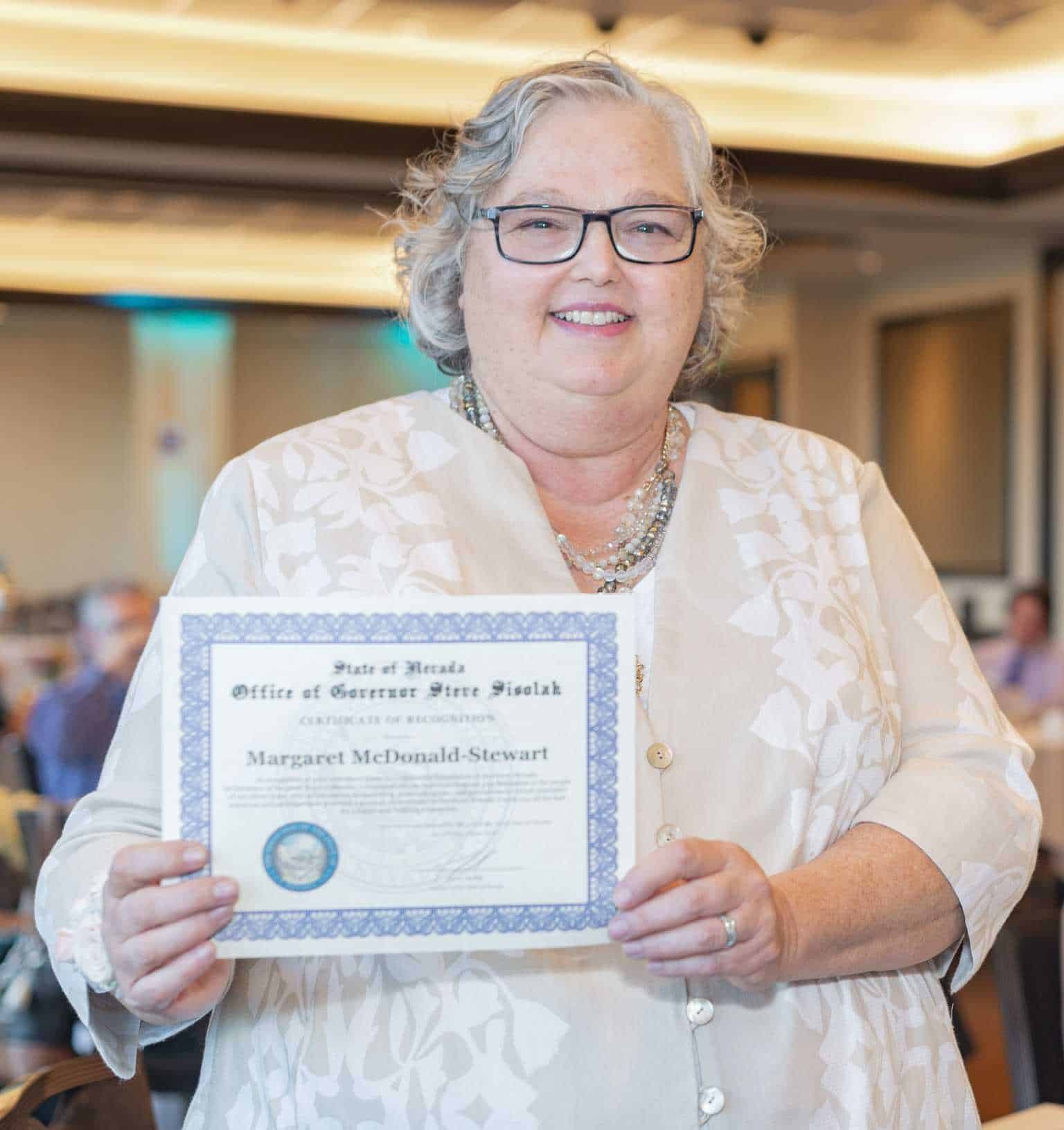Preparing to care for an aging parent ahead of time is important for everyone to do.
The year I turned 42, my mother became depressed. She had to say goodbye to her beloved dog with whom she shared with my father.
The night Mom lost her companion, she felt truly alone and realized it was time for a change.
She decided to move to Reno to be closer to family. Eventually, we found a large home for an active family of three and her. Living with my mother was an adjustment I was not eager to make.
At that point in time of my life, if I had thought of mortality or aging at all, it was from a distance, like when my grandparents died or my father’s unexpected death from a brain aneurism. I assumed that my athletic, curious and adventuresome mom would die peacefully someday, but not in the immediate future.
Mom made good friends in Reno, adjusted to retirement and explored her artistic leanings, traveled and got another dog.
But she was different. We discovered later on that she had dementia.
During the 18 years that Mom had lived with us, her caregiving needs ranged from common needs that most people experience at every age, such as acute care after surgery, brief illness or injuries, and emotional support. However, the last 7 to 8 years became intense as her dementia manifested and progressed. Her all-encompassing care needs became the primary focus of my life.
Was I prepared for my caregiving role? No, and I didn’t accept it easily. I couldn’t talk or even think about what was in store for us. We did not discuss her advancing needs or our expectations earlier before she was diagnosed. When I felt the need to have the conversation with her years later, she was unable to think clearly and was driven by fear and confusion. We had missed an opportunity to help us both prepare for caregiving and receiving care ahead of time.
Now, am I wiser? Am I prepared to be a caregiver again or be cared for? I will need to lean on someone, and it will mean leaning hard one day. Who will that person be? My husband? Our children? Because of our family’s experience, these questions are less mysterious, less fraught with fear and denial, though still uncomfortable.
Discussing caregiving, caregivers’ expectations and accepting care is easier after realizing it is intrinsic to life as a human being. We are all connected species from birth.
If you are embarking on caregiving, or feel you need care, I suggest visiting the planning resources on the Nevada Caregivers site.
Additionally, connecting with caregiver support groups are also helpful and essential. Reach out and start conversations with people.
Remember, you are not alone.
Click here for more Alzheimer’s and dementia resources. You can also call the Community Foundation at 775-333-5499 for additional resources.
By Margaret Stewart
